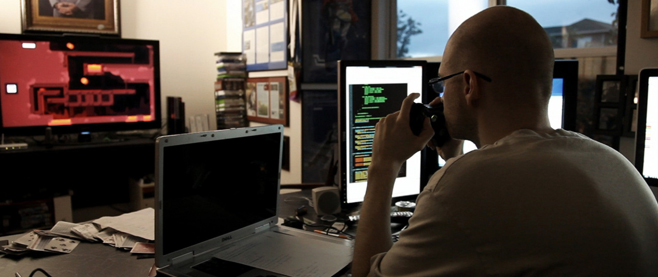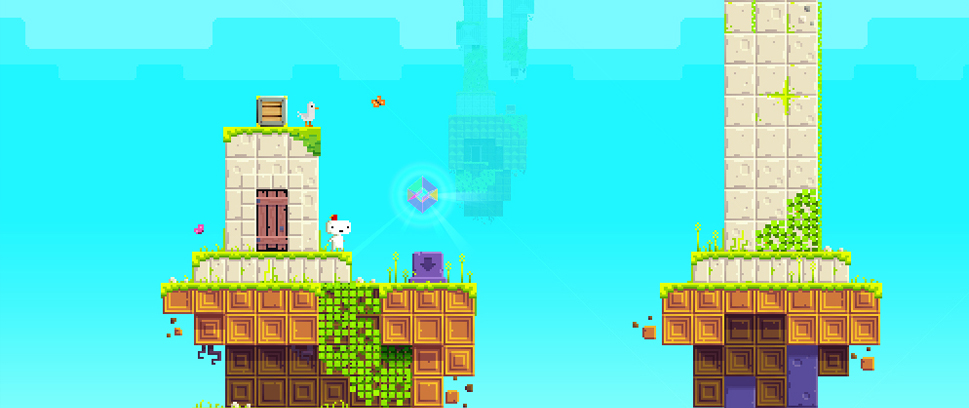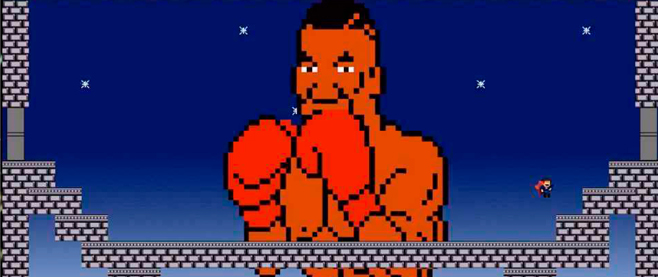Just Another Art Worth Dying For
On Friday night, I went to one of the first Australian screenings of Indie Game: The Movie. It was a superb and polished (if just a little by-the-numbers) documentary about the trials and tribulations of Phil Fish as he creates Fez, and Edmund McMillen and Tommy Refenes of Team Meat as they complete work on Super Meat Boy. The movie is also peppered with occasional insights from Braid developer Jonathan Blow.
I went into Indie Game expecting an overview of the independent gaming scene. Instead I got something far more special and interesting. Indie Game isn’t about ‘independent developers’ so much as it is about a certain type of near-masochistic artist that has existed for centuries and which now has a home in the medium of videogames. It’s that kind of artist who (broadly speaking) puts everything into their creation, who loses all sense of perspective in a obsessive drive to create something amazing while paradoxically being certain that what they are creating is terrible. Fish, Blow and Team Meat approach their games and their personal fears in vastly different ways, but each is, in the end, an artist sacrificing everything – financially and emotionally – for their art. Each is an artist who lives or dies by what they create.
This type of artist is not unique to game development, but the medium does offer them particular obstacles. Indie Game did an excellent job of focusing on the very specific hurdles of its subjects, rather than making broad statements about ‘all’ indie developers. Each of these developers didn’t want to just make a fun game, they wanted to communicate something to their players, and doing that in a game takes a different focus than it does in, say, writing or painting. In one scene, Edmund McMillen details the design of Super Meat Boy’s opening levels and how they must communicate certain lessons to the player, about what they can and should and can’t do. It’s simple stuff, perhaps, but for an audience not immersed in games, it plays an important role in showing what is unique about the art of creating a videogame.

That isn’t to suggest the film put too strong a focus on the underlying rule-based systems of the games. Much discussion went into Edmund’s crass illustration style and Fish’s desire to make a ‘slow’ and ‘calm’ game. These developers weren’t just creating systems. They were creating emotive works of art that meant something to them personally.
Indie Game taught me a little bit about what it is like to be an independent game developer, but moreso it showed me that the creative minds working in videogames are not at all unlike those working in any other creative medium. In fact, many of the troubles the film’s stars faced resonated with my own personal experiences as a writer – though, to a far less drastic extent.
[pullquote]You can be sure I will be returning to this article over the coming days, refreshing it to see how many ‘recommends’ and ‘tweets’ and ‘+1s’ it has received.[/pullquote]
I empathized with the nervousness Phil Fish feels when he has to reluctantly let players touch an unfinished version of his work, or when he truly has no concept of how good or bad his own creation is, or when he gets excited about how many likes a Fez preview has on Facebook. I hate showing first drafts of my work to people, but I know I will never write anything worth reading if I don’t. I am constantly terrified that everything I write is terrible, but I have to assume it isn’t or else I wouldn’t write anything. You can be sure I will be returning to this article over the coming days, refreshing it to see how many ‘recommends’ and ‘tweets’ and ‘+1s’ it has received.
Without ever explicitly stating it, Indie Game shows how game developers are simply artists. The film’s beauty, for me, isn’t that it puts indie developers on some special pedestal or that it makes any claims to videogames being ‘better’ or distinct from any other medium. Instead, it situates the act of creating videogames in a broader artistic landscape where the tools and skills required are different, but the ultimate goal is still simply to create something that speaks to people, and to hopefully come out the other side alive.
———
Brendan can be found on Twitter @BRKeogh. Please retweet this story so he doesn’t have a nervous breakdown.





